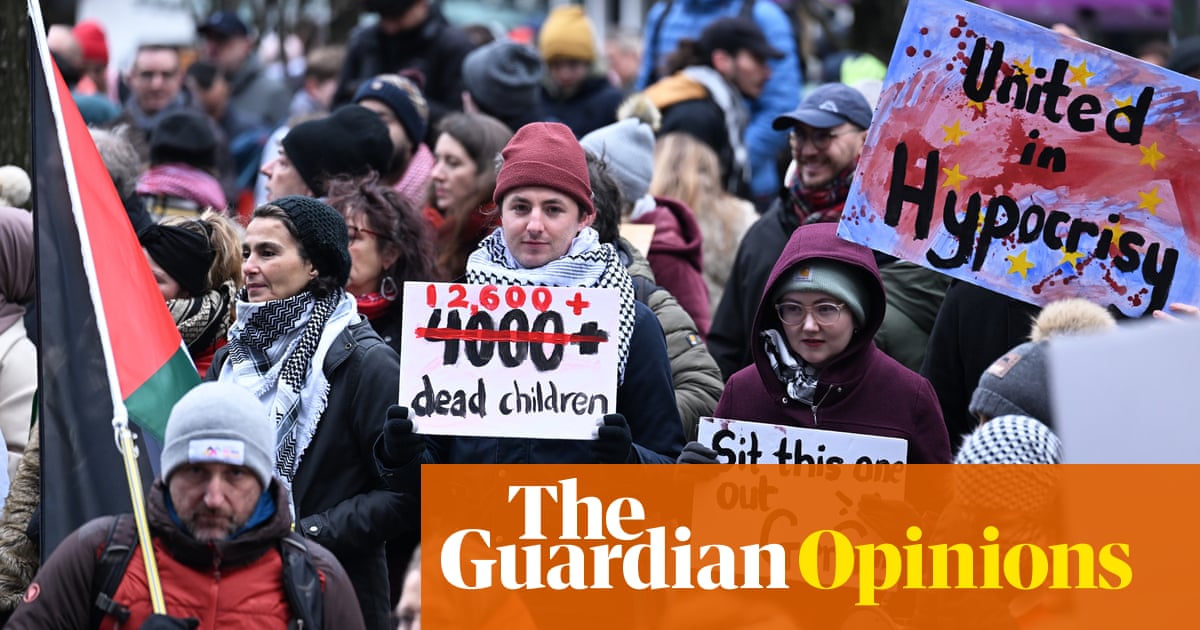
Back in the spring, a year after the start of the war in Ukraine, global commodities received attention for their marked resilience and adaptability despite the extraordinary circumstances. The conflict had initially sent food, gas and oil prices soaring, but they eventually stabilized. Last week, as the Russia-Africa Summit was held in St. Petersburg, attention fell on Russia once again following its withdrawal from the grain deal that had allowed almost 33 million tons of agricultural products to leave Ukraine. With certain African and Arab countries bearing the brunt of these spikes, the weaponization of food security is once again at the forefront of policy considerations.
There could be no conflict between two countries more critical to food security than Russia and Ukraine. As two of the world’s top agricultural producers, both are key exporters to Arab and African countries. With Russia the largest wheat exporter in the world and Ukraine the fifth-largest, the two countries play a pivotal role in the global food supply chain. Last year’s grain deal allowed critical supplies to leave Ukraine’s blockaded ports. But since Russia backed out, wheat prices have begun climbing again, reigniting fears about the impact on grain-importing economies that are already struggling and on developing economies buckling under the weight of inflation.
The grain deal had allowed prices to fall by as much as 35 percent. However, as Moscow warned that it would consider all ships sailing in the Black Sea region as potential military targets, there is the risk of another food supply crisis. Its announcement has had a knock-on effect on oilseed, corn and soya bean prices. There has also been turbulence in other commodities sectors, with the Indian government banning the export of non-basmati rice shortly after. Given that rice is often a direct replacement for grain products, India’s decision was indicative of the stress that the conflict continues to create in terms of food security. India’s decision, seen as export protectionism by the International Monetary Fund and the UN, comes at a time when international organizations are trying to avoid a global food crisis.
Though the issue is global, there is a particularly African slant to President Vladimir Putin’s decision. Pulling out of the deal has allowed Russia to realign its relationships in Africa, making African countries even more dependent on its grain (it already accounts for more than 50 percent of wheat imports to the continent). Accusing the West of complicating Russian grain deliveries and receiving the lion’s share of its produce, Putin has offered free grain to African states in an effort to politicize the issue.
With Russia not participating in this month’s BRICS summit, Africa is a central part of its diplomatic strategy to engage further with the Global South. Amid a perceived and actual US retreat from certain spheres of influence, Russia sees an opening in Africa from which it can benefit, especially as its interactions with the developed world have become complicated owing to international sanctions.
Russia has been too distracted to deliver on its commitments made at the 2019 Russia-African Summit.
Zaid M. Belbagi
All the Arab North African countries bar Tunisia sent head of state representation to the summit, indicating Russia’s importance to their food security. Egypt, which faces chronic food security challenges, struggles to meet its domestic wheat demands. The Cairo government, which subsidizes 350 million loaves of bread per day, is aware that the collapse of the Black Sea Grain Initiative could have a serious effect on its economy, further politicizing an already very sensitive issue.
As one of the world’s largest importers of rice, Egypt is caught in a vice-like grip, with the potential for a massive impact on the affordability of basic commodities for the Egyptian people. Last summer, Egypt signed a $500 million loan agreement with the World Bank in order to help finance its grain imports. This is a situation that is mirrored elsewhere in the Arab world, where economies have already been battered by the pandemic and with local agriculture facing more frequent droughts. Such countries are ill-placed to cope with commodity shocks.
The impact of Russia’s decision on global commodity prices is likely to outweigh its new initiative for Africa, which was announced in St. Petersburg. Its efforts to increase its diplomatic clout in Africa are limited in scope given that the grain issue comes amid Russian trade being only half of what was previously promised and a fraction of the continent’s trade with China and the EU. The Wagner Group has, in recent years, been the long arm of the Russian security services on the continent, but the standing of Moscow in Africa was negatively impacted by Wagner’s attempted coup in June. It is little surprise, therefore, that Russia has been too distracted to deliver on its commitments made at the 2019 Russia-African Summit. That may be why only 17 African heads of state attended last week’s summit.
While Russia’s Africa strategy seemed promising in 2019, its current role in the global food security crisis is negatively impacting its aspirations of continental influence. The confluence of external factors creating food stress in the developing world is limiting the ability of governments to engage in new diplomatic activities and alliance structures that risk exposing them to further economic worries. Criticisms of African countries in St. Petersburg, coupled with calls to resolve the conflict, though not overly robust, were telling in their candor. Food prices will continue to take precedence for the governments of the Global South.
• Zaid M. Belbagi is a political commentator and an adviser to private clients between London and the GCC.
Twitter: @Moulay_Zaid
Disclaimer: Views expressed by writers in this section are their own and do not necessarily reflect Arab News" point of view











